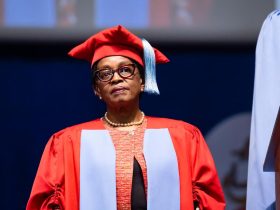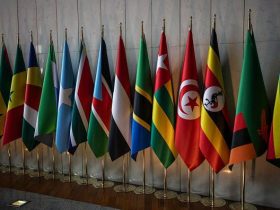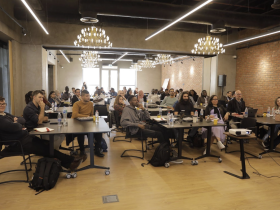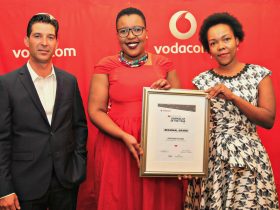Amid intense competition for funding and pressure to make their research more accessible to the public, researchers
around the world, including South Africa, are sharpening their communication skills. Their aim is to communicate
their findings to public audiences while maintaining the integrity of their work. Such skills are essential, given the
changes sweeping the media: downsizing means that few media houses have journalists with the time to make
complicated, jargon-heavy academic content more accessible to their readers or viewers.
In response to the need for top-level research communication training, Enterprises University of Pretoria has
developed an eight-week online course, the Transdisciplinary Research Communication Course.
Professor Tawana Kupe, Vice-Chancellor and Principal of the University of Pretoria said, “Increasingly, across many
disciplines at UP, we are taking a multi-, inter- and transdisciplinary approach to knowledge creation. The launch of
this course will enable us to enhance, develop, and implement critical media literacy programmes to counteract
misinformation and propaganda. It’s a major and essential undertaking which we support fully. Higher education
departments that teach critical media and critical journalism studies are more important than ever before. They
need to develop programmes that can help society to critically engage with media content and messages. We have
to deal with the issue of information as a public as a national, social and political emergency, and the way to do this
is by educating people.”
The course is designed to enable researchers and scientists across disciplines to communicate their expertise to the
public, and it was developed by Dr Nokuthula Vilakazi, a researcher at the African Research Universities Alliance
Centre of Excellence in Sustainable Food Systems, and the University’s Department of Institutional Advancement.
This approach ensures the course is underpinned by the latest trends in science communication and an
understanding of the requirements of the print, digital and broadcasting media.
“A strength of this training is that it is informed by what is currently being demanded in terms of science
communication and a thorough understanding of the tools and techniques experts need to translate their work to
the greater public, without losing the core audience,” says Dr Vilakazi, who is the course facilitator. The course
content and format includes practical exercises and mutual learning, and focuses on visual communication, writing,
interviewing and storytelling skills. “By the end of the course, you should be a well-rounded research communicator
equipped with multimedia, public relations, presentation and writing skills,” she says.
Another important aspect of the course is the emphasis it places on the social responsibility scientists and
researchers have to communicate their findings for the benefit of society. “Should your research address societal
challenges, this course will guide you on how to communicate in a way that your target audience will find relevant,”
Dr Vilakazi says.
The Transdisciplinary Research Communication Course, which consists of five sessions, starts on 5 September 2022
and will run for eight weeks. The cost per delegate is R12 535.00.
For more details or to register, contact Enterprises University of Pretoria at info@enterprises.up.co.za or call +27
(0)12 434 2500.
























Leave a Reply